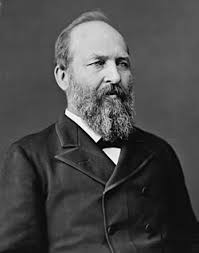Introduction to the Nuremberg Trials
The Nuremberg Trials, held after World War II, mark a monumental moment in the annals of justice and human rights. Conducted from 1945 to 1946 in Nuremberg, Germany, these military tribunals sought to bring Nazi war criminals to justice, laying the groundwork for modern international law. The trials were pivotal in establishing the precedent that individuals, including heads of state, could be held accountable for war crimes and crimes against humanity.
Significance and Outcomes of the Trials
The Nuremberg Trials featured high-profile leaders of the Third Reich, including Hermann Göring, Rudolf Hess, and Joachim von Ribbentrop, who faced charges ranging from genocide to conspiracy to wage aggressive war. A total of 24 major war criminals were originally indicted, with 12 receiving the death penalty. These proceedings not only aimed at delivering justice but also at documenting the atrocities committed during the Holocaust and other war crimes.
The outcomes of the trials were extensive: the establishment of fundamental principles that guided the prosecution of war crimes globally, including the notions of crimes against humanity and genocide. The trials also led to the creation of the International Criminal Court (ICC) and influenced the development of various international treaties aimed at protecting human rights.
Current Relevance and Legacy
Today, the legacy of the Nuremberg Trials continues to resonate within international law and human rights discourse. The principles established at Nuremberg are cited in courts around the world and inform modern responses to war crimes. In contexts like Syria, Myanmar, and Ukraine, the trials serve as a reminder of the need for accountability in the face of egregious violations of international law.
The Nuremberg Trials have also spurred ongoing debates about justice, forgiveness, and the international community’s role in preventing atrocities. Various educational programs and memorials, such as the Nuremberg Documentation Centre and the Nuremberg Trials Memorial, promote awareness of this historical event and its implications for present and future generations.
Conclusion
In summary, the Nuremberg Trials were not only a critical moment in history but also a cornerstone in the continuous struggle for justice and accountability on a global scale. As the world witnesses ongoing humanitarian crises, the trials remind us of our collective responsibility to uphold human rights and ensure that such atrocities are never repeated. Understanding the Nuremberg Trials is essential for recognizing the evolution of international law and the importance of safeguarding human dignity in all circumstances.



